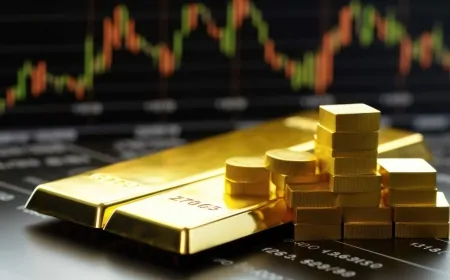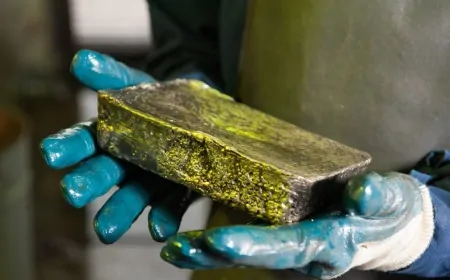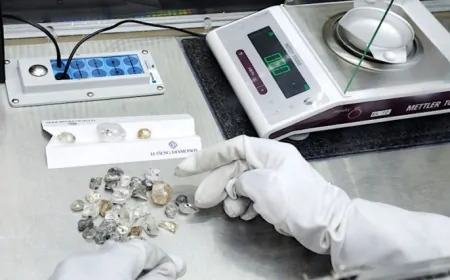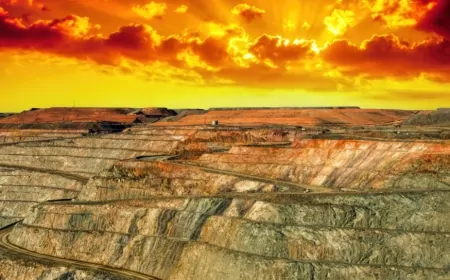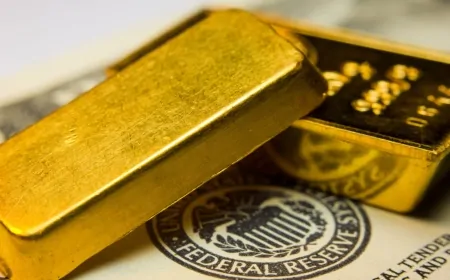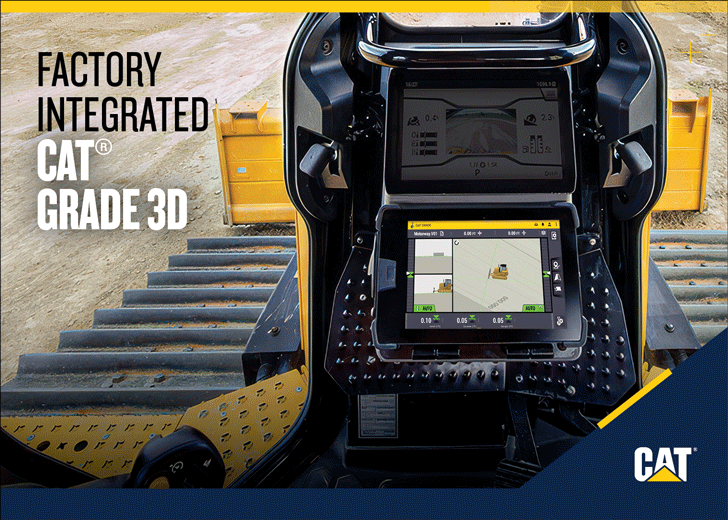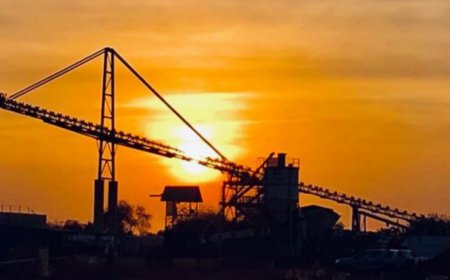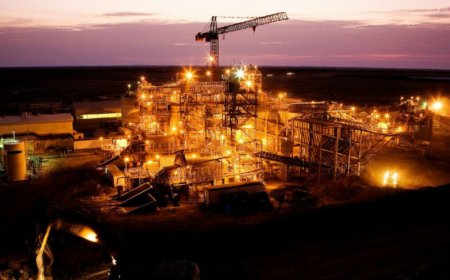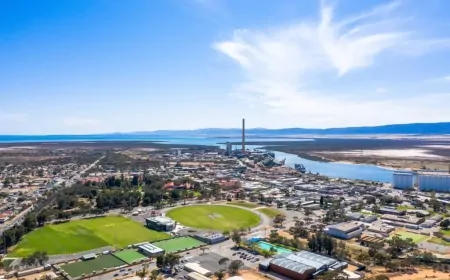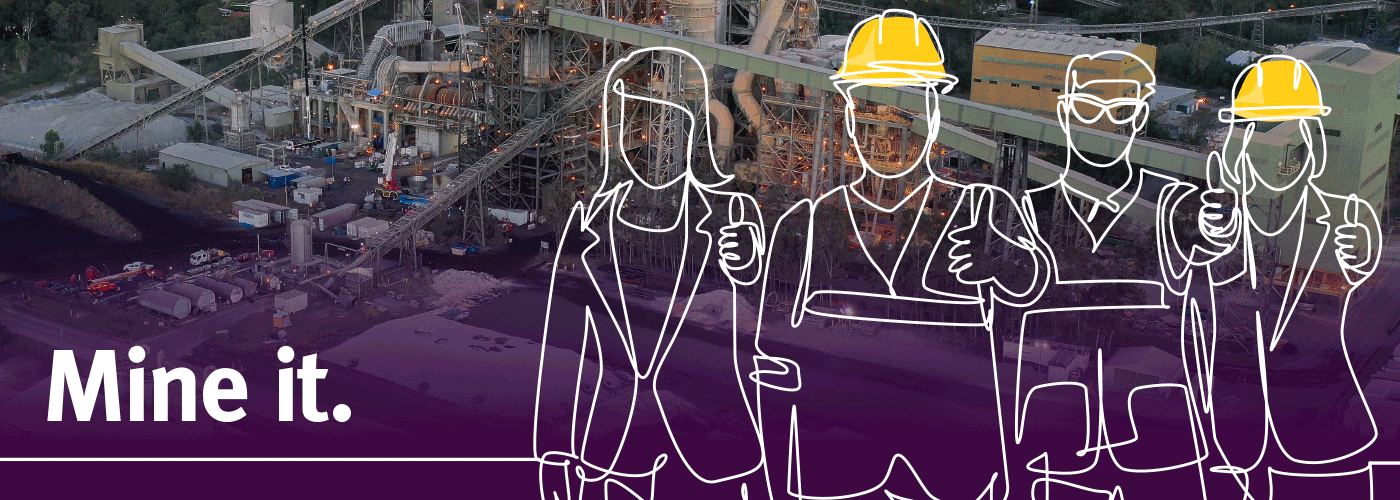Orezone looking to Bombore expansion
West Africa’s newest gold producer, Orezone, expects its Bombore gold mine in Burkina Faso to also become one of the lowest cost operations when it completes a connection to grid power before year end, chief executive Paddy Downey told Mining Journal at the 2023 Precious Metals Summit in Beaver Creek, Colorado, US.
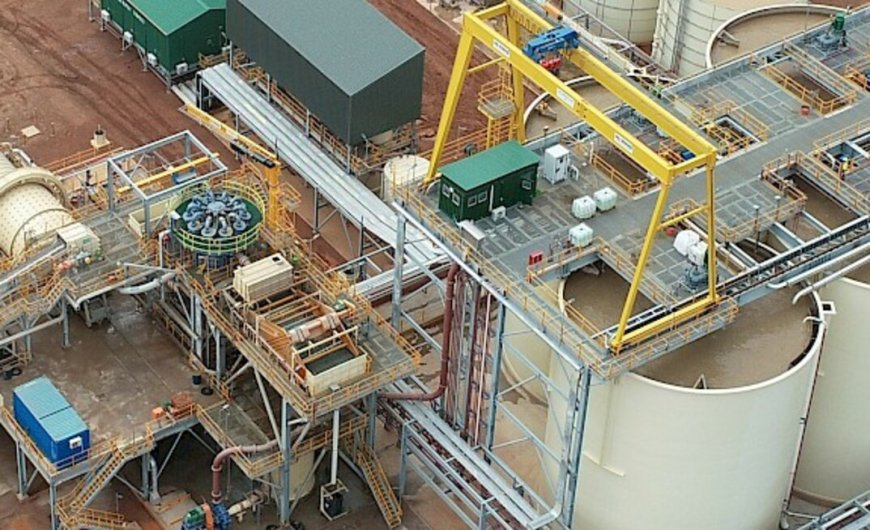
The company is guiding 2023 production at 145,000-155,000oz at an all-in-sustaining cost of US$1000-1180/oz. "Switching to grid power will make us $100/oz cheaper," said Downey.
More is to come in about 18 months through the development of a second phase, which will double throughput from 5.2Mtpa to 10.1Mtpa and 250,000ozpa of production. An economic study is expected later this month.
"We have drilled over 100,000m between the two studies. We are planning for the first pour from phase two in [the September quarter] of 2025 and will reschedule our debt to help finance it as well as using cash flow," said Downey.
In addition to a low production cost, Downey said Bombore also represents a very low and competitive development cost with a capital intensity of around $35/oz compared with a norm of $80-90/oz.
"With phase two in place in 18 months we would become one of the largest and lowest cost producers in West Africa," said Downey.
Since starting production at Bombore earlier this year, the company has paid back $28 million in debt and is on track to repay $33 million this year. The company currently has $32 million in cash, which it expects to add to from a strong September quarter.
Downey says Orezone has a runway to becoming a mid-tier gold producer and with a simpler path towards the 250,000ozpa level than competitors Orla Mining and K92, which have significantly larger market capitalisations..
"Our expansion is simple, as it is not sulphide. Orla has refractory ore, and K92 has a big underground development. We are a simple open pit with a life of mine strip ratio of under 2:1. "We trade at a discount due to political and regional risk," said Downey.
Downey downplayed risk concerns in Burkina Faso.
"Russia is not coming in. World Bank funding is coming back, and the security situation gives us a level of confidence that can continue operating. Compared to where we were two years ago, things are way better now. We are building a powerline, and the materials came in on time. We are planning an expansion, and the reality is that international companies are still bidding on the elements," he said.
What's Your Reaction?







